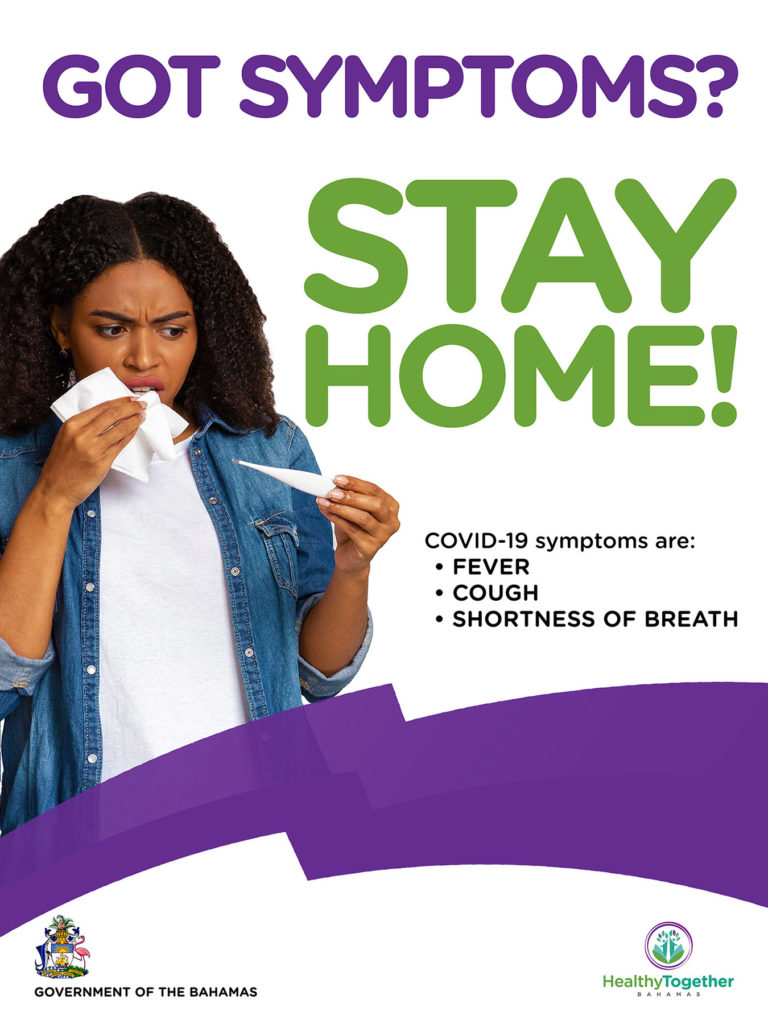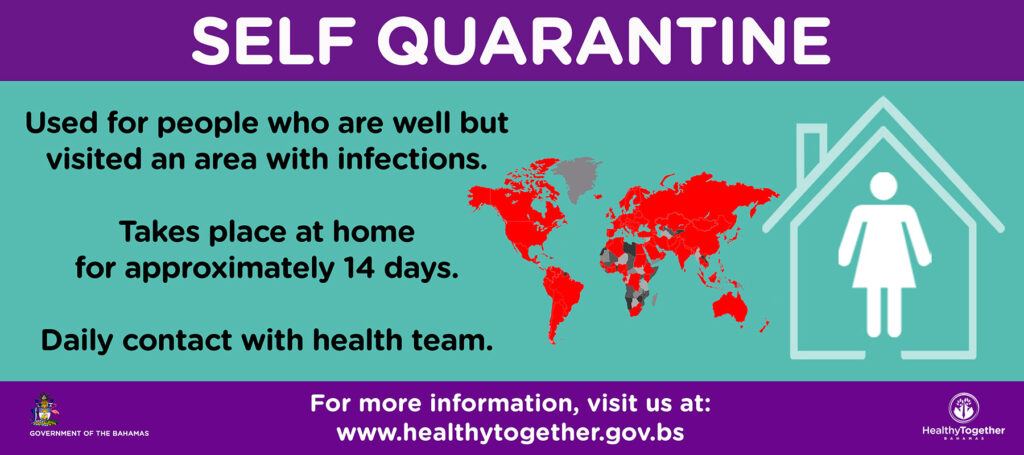Test and Trace
See the latest case data and information on how COVID-19 spreads: its symptoms, diagnosis, and contact tracing efforts. For a directory of COVID-19 testing sites click here.
COVID-19 Symptoms
What are COVID-19 symptoms, how fast do they appear and what do you do if you notice them?
- a cough
- a high fever
- shortness of breath
- sore throat
- sneezing and runny nose
- temporary loss of smell

Having these symptoms does not mean you have COVID-19. They are similar to other illnesses like a cold or the flu. If you are presenting with these symptoms, please quarantine yourself from others and monitor how your symptoms develop.
Shortness of breath is a sign of possible pneumonia and requires immediate medical attention.
Time for symptoms to appear
Current World Health Organization assessments suggest it takes 2 to 10 days for symptoms to appear.
If you have any symptoms, talk to a health professional. If you have cold or flu symptoms, you should stay home and call:
- The COVID-19 hotline at:
- 511
- your doctor, or
- in an emergency, 911
A health professional will advise whether you fit the criteria for testing. Call your doctor before visiting if you have any symptoms.
Let your health professional know if you have travelled internationally in the past 14 days, or if you have been in contact with a confirmed or probable case.
While you have symptoms
- If you are sick, stay home. Do not go to work. Do not socialise.
- If you have cold or flu symptoms, call your doctor or the COVID-19 hotline and check if you should get tested.
- Wash your hands.
- Sneeze and cough into your elbow, and regularly disinfect shared surfaces.
- If you are told by health authorities to self-isolate, you must do so immediately. If you are awaiting test results you must also self-isolate.

COVID-19 is spread by droplets
COVID-19 is spread by droplets from person to person, like the flu.
People can catch the virus through their eyes, nose, or mouth.
When an infected person coughs, sneezes or talks, they may spread droplets containing the virus. These droplets are too large to stay in the air for long, so they quickly settle on surrounding surfaces.
People may get infected by the virus if they touch those surfaces or objects, and then touch their mouth, nose, or eyes.
That is why it’s really important to practise good hygiene at all times.
- Regularly wash and thoroughly dry your hands
- Sneeze and cough into your elbow
- Clean or disinfect shared surfaces regularly
- If you have cold or flu symptoms, stay home and call your doctor or the COVID-19 hotline at 511.


